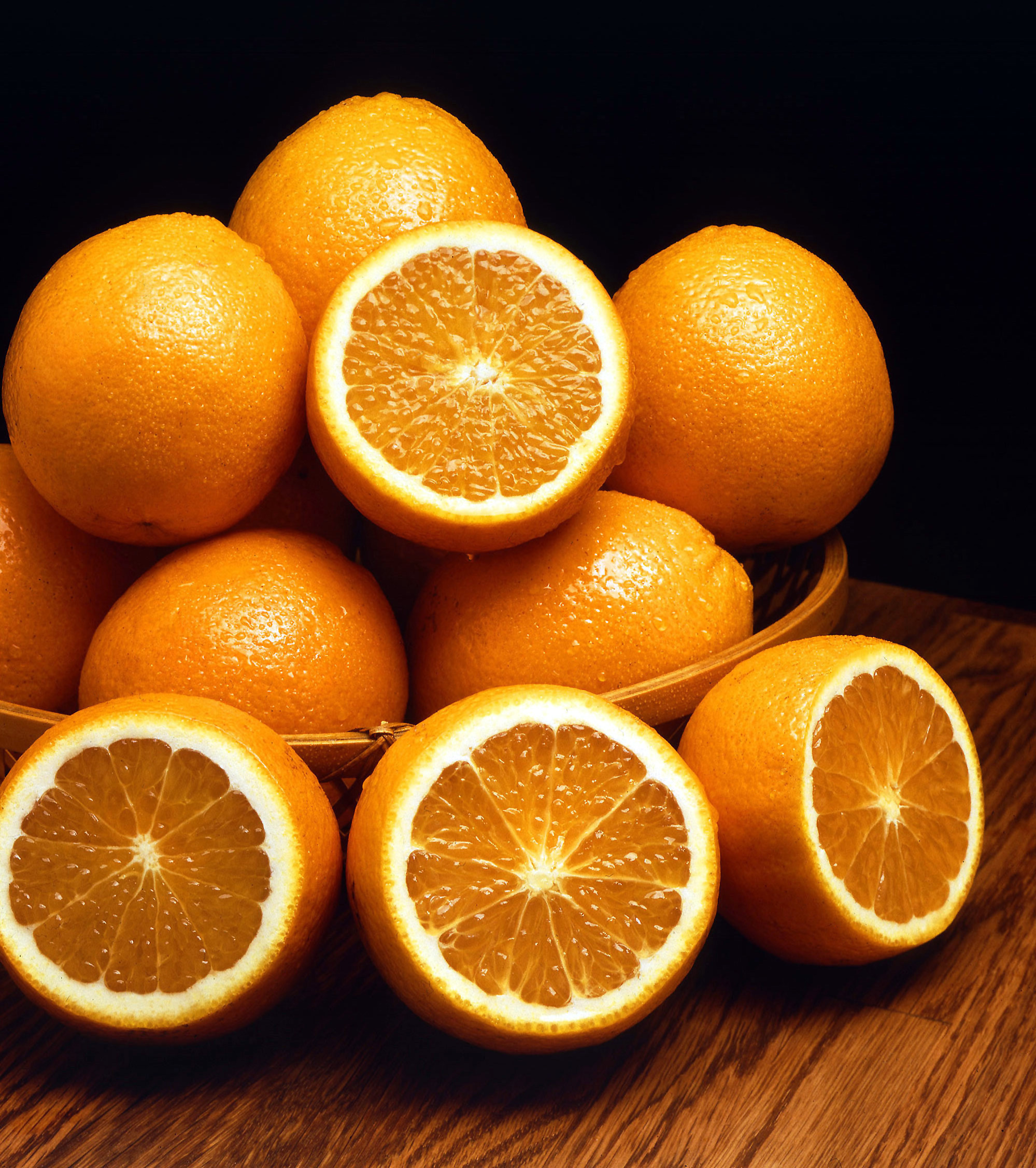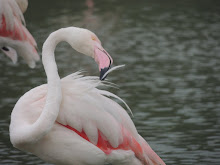Three weeks ago when I was in England visiting our daughters, I went to Bristol zoo with Cam and we had a great time. Arent' they cute! Here is the story behind their presence in this zoo!
The African penguin is the only penguin found in Africa and the global population fell by 70% between 2001 and 2013. They are now classified as Endangered by the IUCN red list, with less than 18,000 mating pairs left in the wild. Without continued support and research, there is a substantial risk that this species could become extinct.
Why are these penguins endangered?
One of the primary causes of the decline in African penguins is overfishing, both near breeding colonies as well as in their key location, the Benguela ecosystem off the coast of Namibia. Ever increasing fishing pressure on the primary food source of the penguins (sardines and anchovies), has meant that traditional feeding grounds for the penguins off the Namibian coast have become severely depleted.
This results in low adult penguin survival and poor body condition outside of the breeding season. One of the major ramifications of this, as well as low fish stocks near breeding colonies themselves, is that hundreds of penguin chicks are being abandoned by the parents in winter time every year.
This is because adult penguins need to be in good condition prior to moulting (which they do when their chicks are young), as they are unable to swim, and therefore forage during this time.
However, because of their condition and the lack of fish, they are not able to provide enough food for their chicks and they are subsequently abandoned and would normally starve to death.
What are we doing to protect African penguins?
Since 2006, Bristol Zoological Society has been working with a local conservation centre, SANCCOB, to hand-rear abandoned chicks.
In 2016 alone, early 1,000 chicks were rescued and, of these, 83% have already been released back into the wild. SANCCOB also rescue and rehabilitate penguins that have been the victim of oil spills in the area.
We are also involved with monitoring the penguin population on Robben Island with a number of national and international partners. This contributes to a critical dataset that allows scientists to evaluate the population change very closely and trial a number of strategies to improve survival and breeding success.
Read more, click here!














